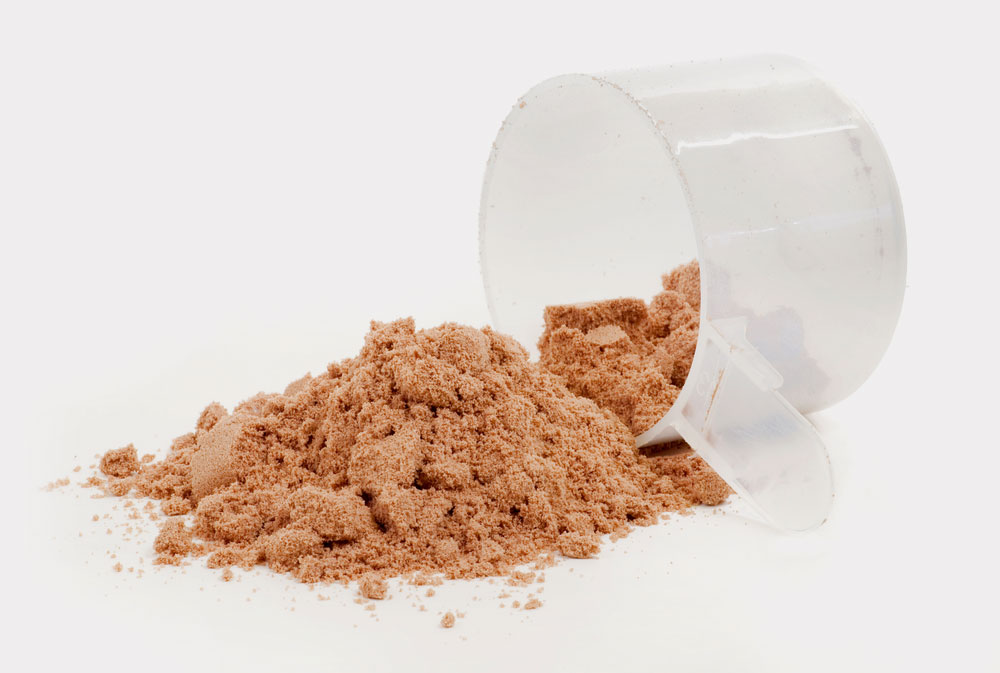A Fresh Look at High-Protein
A Fresh Look at High-Protein

Ten years ago, I ate a high protein diet. I regularly ate and recommended a gram of protein per pound of bodyweight. That meant I was putting down 160, 170 grams of protein a day myself.
Later, I moderated my protein intake and focused more on my fat intake, thinking that I’d be better off in the long term eating less protein and using my muscle mass, physical and mental performance, and overall vitality as a “signal” for when protein was too low. Researchers were looking at high protein intakes, noticing they could raise IGF-1 and trigger mTOR, which in some animal models have been linked to cancer and reduced longevity, and positing that lower protein intakes were healthier. I was never “low-protein,” but I certainly ate less than before. I will say that throughout all this time a major determinant of my protein intake was my instinctual hunger for it. When I ate a lot of protein, I did so because I desired it on a base, Primal level. When I ate less, I did so partly because of the research but also because I wasn’t as hungry for it (and my performance never indicated I was lacking).
But in recent years, I’ve been eating more protein again. In fact, I eat by most accounts a high-protein diet. Why? What changed?
I took a fresh look at the research.
I’m always researching. That’s the nature of my work here, and it never stops. As I read more into the protein/IGF-1/longevity connection, I became skeptical of the idea that protein is harmful because it “spikes IGF-1.” It turns out that elevating IGF-1 isn’t necessarily a bad thing; resistance training spikes IGF-1, and the beneficial effects of resistance training are largely dependent on the IGF-1 increase. It turns out that the majority of human research into IGF-1 and longevity shows either a positive relationship (higher IGF-1, longer lifespan) or a neutral one.1 Really low levels of IFG-1 are bad for longevity, while really high levels are linked to cancer—and even those relationships aren’t totally clear. If protein was spiking IGF-1, that might actually be a good thing. After all, the more protein an older person eats, the longer they live and the healthier they live.
The more I looked, the more the evidence for limiting protein seemed to fall apart. The more I realized it consisted almost entirely of myths and misconceptions.





